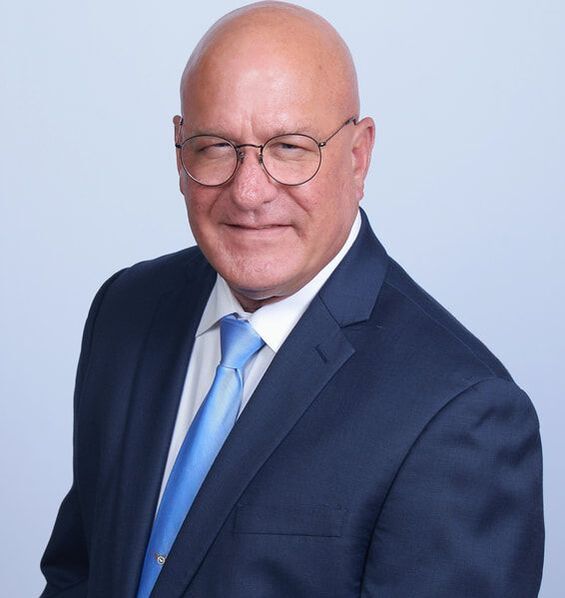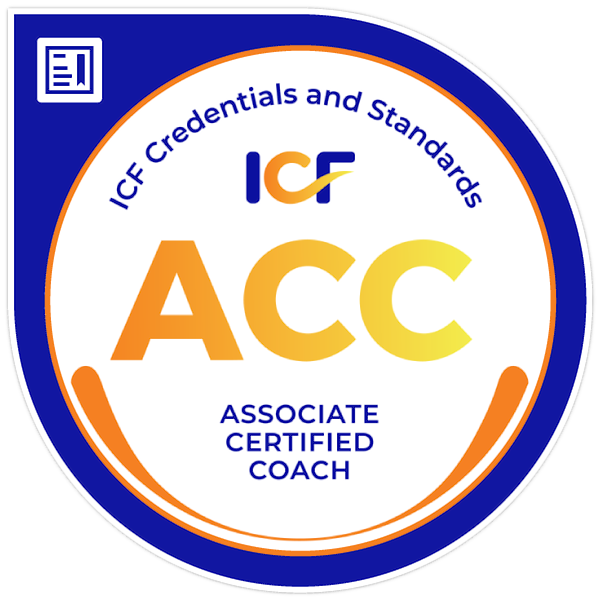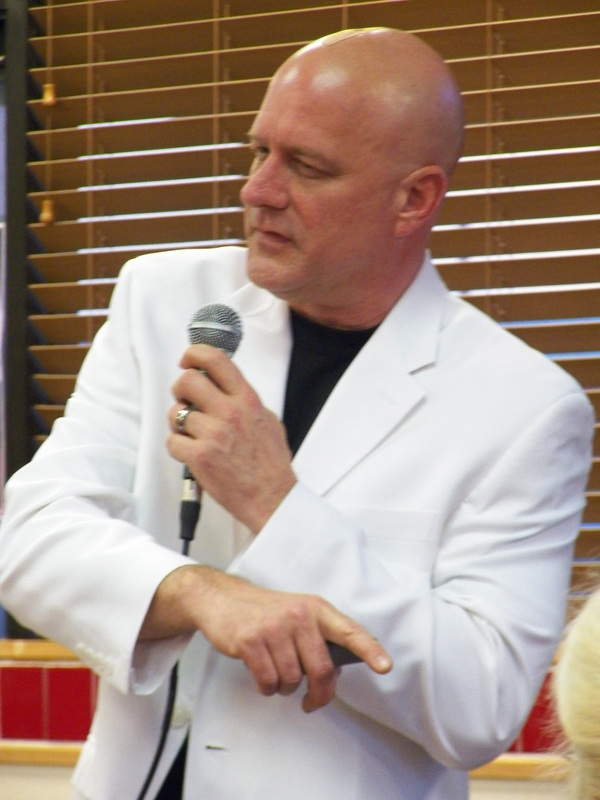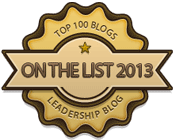|
Really? This is your first blog of the New Year? Yes. Really. One of the hard truths about being an exemplary leader is to be honest and clear about where you and others are and facing that reality with a clear head and a calm confidence. COVID-19 has been called a "disaster of uncertainty." Researchers have called the COVID-19 pandemic a "disaster of uncertainty." As we leave 2022 behind and head into 2023 we find ourselves still trying to manage and lead our way out of what will most likely be the worst global disaster of our lifetimes. As leaders, we face, among other things, uncertain economics, continued supply chain issues, executive and leader satisfaction lows, new challenges caused by shifting workplace expectations (see my blog from 12/5/22), and more. If we're going to lead our way out of this pandemic effectively, we must face these facts and understand effective crisis leadership. In this week's blog I offer you an official definition of a disaster, an overview of the pattern of psychological reactions to a disaster (and where we might be in that pattern), describe four factors that underlie and predict effective crisis leadership, and point you towards some strong, free leadership training resources from John Hopkins Medicine and an old crisis management and critical incident management teacher of mine, Dr. George Everly. He also happens to be faculty at Harvard and Loyola Universities and an expert on crisis leadership. Definition of disaster Deborah DeWolfe of the US Department of Health and Human Services defines a disaster as [emphasis added]: A disaster is an occurrence such as a hurricane,tornado, flood, earthquake, explosion, hazardous materials accident, war, transportation accident, fire,famine,or epidemic that causes human suffering or creates collective human need that requires assistance to alleviate. There is no doubt that the COVID-19 pandemic caused widespread human suffering, created a collective human need, and that it's requiring more than just "assistance" to alleviate the suffering and needs—and the jury's still out on whether we can say with any confidence that the suffering and needs have been alleviated. And that leads us to the second part of this blog. The Pattern Even though there are different types of disasters and they all create chaos and severe challenges. They all follow a predictable psychological response trajectory. Knowing this empowers leaders to anticipate adverse psychological and behavioral reactions and ensure that staff receive timely and appropriate support. As you look over the pattern, keep in mind that researchers have consistently shown that the more personal and repetitive exposure a survivor has to the disaster’s impact, the greater his or her post-disaster reactions. That's why those who have lost loved ones, those suffering from long COVID, healthcare workers, and others are suffering the worst. 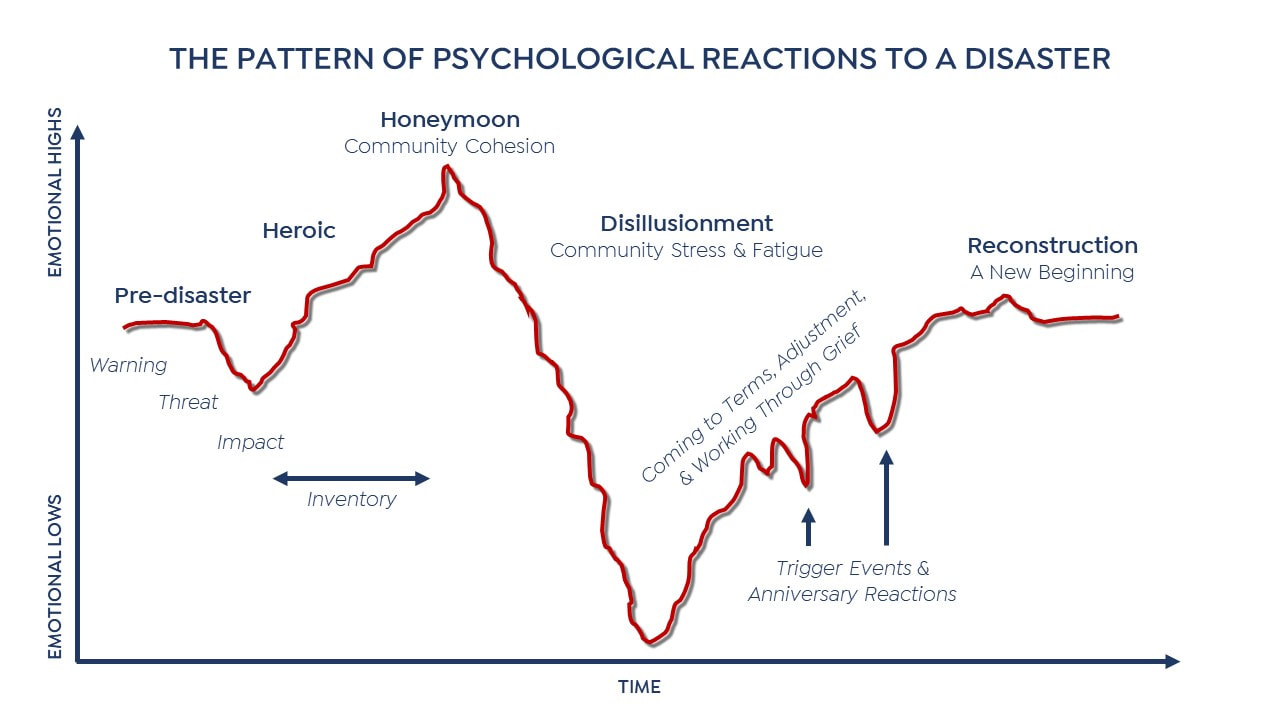 Adapted from DeWolfe: Training Manual for Mental Health and Human Workers in Major Disasters. Second Edition. US Department of Health and Human Services (2000). For a detailed description of each of the phases in the graph above, please see Chapter 2 of the HHS Training Manual hyperlinked for your convenience. For the purposes of this blog, I want to point out that most of us are still coming to terms with what leading, living, working, and serving is going to look like in this new year. We're still coming to terms with our financials, goals, and projects for the new year; with the economy, hybrid and remote work; with culture, supply chain issues, and the strategic adjustments and change management and leadership that's going to be needed—all while so many are still working through grief and burnout. Knowing where you, your team and organization, and the communities we serve are at in this pattern—and being real about that—are important if you're going to effectively lead as part of the solution instead of contributing to the chaos. Four Factors of Effective Crisis Leadership There are four factors that are empirically linked to and predict effective crisis leadership:
Free Online Training Resources While these four factors are empirically linked to effective crisis leadership, what most of us need are some specific guidelines and recommendations on how to operationalize them. In walks John Hopkins Medicine and their Office of Well-Being. They offer us their free, online Frontline Crisis Leadership Training program that includes ten guiding principles, online video trainings featuring Dr. Everly and others, and downloadable resources. While they've named it "Frontline," I think that any leader will find great value in watching the videos and reviewing their resources and the ones that I've cited in this blog. It makes a great starting point for you as you strategize and plan on how you are going to lead going into 2023. Thank you, John Hopkins! A Marathon, not a Sprint So, welcome 2023! The marathon continues and we are up to the challenge. You became a leader to make a difference in the world. That means a continual search for new ways to lead, new strategies, new resources, a renewed vision, and new or revised goals as we start the new year. It is my sincere hope that this blog in some small way helps you to do just that. Add some impetus & momentum to your efforts As you strategize and plan for 2023, keep in mind that partnering with a coach and/or a consultant can add impetus and momentum to your efforts. They are an ideal strategic tool that you can add to your leadership effectiveness as you start the new year. I would be honored to discuss with you what a partnership like that would look like. 50% off all coaching bundles has been extended through January 20. Please, don't hesitate to reach out: Contact Page Have an amazing journey this year! Alan Mikolaj is a coach and leadership development consultant with 15+ years of experience. He is passionate about helping leaders transform their leadership, their teams, and their organizations. Impactful, professional approach driven by a passion for meaning and purpose, a growth mindset, and a commitment to excellence and service in order to drive change and results. Alan maintains the ethics and standards of behavior established by the International Coaching Federation (ICF), including the standards regarding confidentiality. You can learn more about them on the ICF website. CITATIONS
DeWolfe, Deborah J. (2000). Training Manual for Mental Health and Human Workers in Major Disasters. Second Edition. US Department of Health and Human Services. Everly, G. S., Wu, A. W., Cumpsty-Fowler, C. J., Dang, D., & Potash, J. B. (2022). Leadership principles to decrease psychological casualties in COVID-19 and other disasters of uncertainty. Disaster Medicine and Public Health Preparedness, 16(2), 767-769. The Johns Hopkins Health System Corporation, Office of Well-Being. (2020). Frontline Crisis Leadership Training Resources. Accessed December 28, 2022. https://www.hopkinsmedicine.org/office-of-well-being/resources/leadership/frontline-crisis-leadership.html
0 Comments
Leave a Reply. |
Alan Mikolaj
Alan Mikolaj is a a professional, experienced, positive, and passionate speaker, leadership and organizational development consultant, change agent, author, and coach. He holds his Master of Arts degree in Clinical Psychology from Sam Houston State University. He is a certified graduate coach from Coaching Out of the Box and holds his ACC and membership with the International Coaching Federation (ICF). Free Discovery Conversation!
Impactful change starts with a conversation! Schedule your free, one-hour session by clicking here: Discovery Conversation with Alan
Or call or email: Contact Page In his third book, A Travel Guide to Leadership, Alan offers you simple, fundamental, and powerful lessons that have the power to transform you, your relationships, and your career.
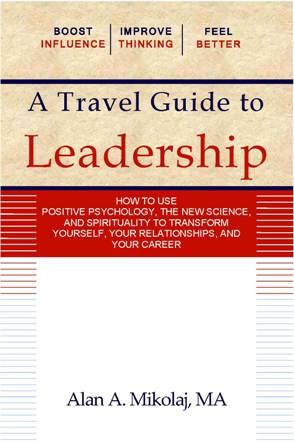
Blog Archives
July 2024
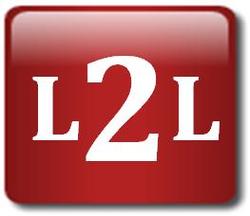
Linked2Leadership
Ranked #1 Business Blog! |
|
CONTACT
TEL: 346-291-0216 EMAIL: [email protected] SCHEDULE TIME WITH ALAN Free Discovery Conversation with Alan |



